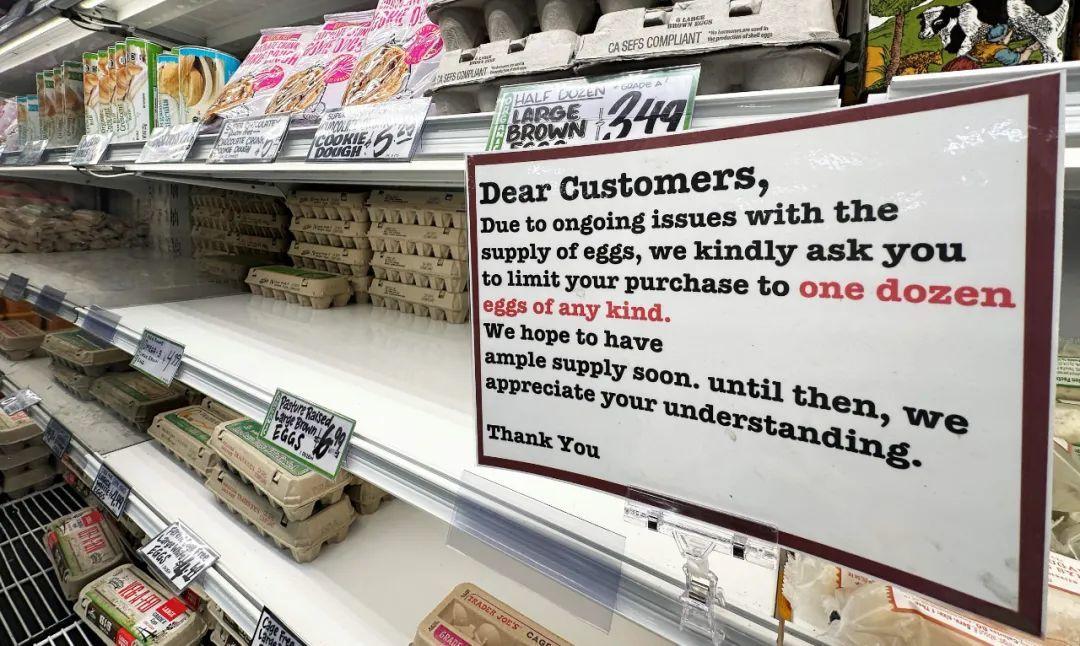Position’╝�Home > international > Content
Begging for eggs everywhere! The United States has set its s
Date’╝�2025-03-25 20:56Editer’╝ÜadminRead’╝�’╝�

The prevalence of bird flu has plunged the United States into an "egg shortage" crisis. In order to ease the tight supply of eggs, American purchasers have increased their imports of eggs from Türkiye, South Korea and other countries, and at the same time, they have turned their attention to Brazil, a major agricultural country in South America. On March 24th, Reuters reported that the United States is attempting to expand its egg supply sources from Brazil.
The Brazilian Animal Protein Association revealed that in the past, eggs imported from Brazil by the United States were only used for pet processed food. Starting from January this year, the US allowed Brazilian eggs to be used for processed food for human consumption, such as cake powder, ice cream, and salad dressing. However, Brazilian fresh eggs are currently not available for sale in supermarkets in the United States. The relevant departments in Brazil have confirmed to the US that their exported eggs fully comply with US food safety standards.
However, the US Department of Agriculture pointed out that Brazilian poultry farming has been affected by the COVID-19 pandemic and has not yet met the relevant US standards. Therefore, Brazilian fresh eggs cannot appear on US supermarket shelves, and pasteurized Brazilian liquid eggs also do not meet US consumption standards. Newcastle disease only infects birds. The Newcastle disease virus can replicate extensively in egg embryos but does not cause symptoms in humans.
Despite differences in standards, data from the Brazilian Animal Protein Association shows that in February of this year, the number of eggs imported by the United States from Brazil surged by 93% year-on-year, highlighting the severe "egg shortage" situation in the United States. In addition, the US Food and Drug Administration is considering relaxing restrictions on the egg production of broiler chickens. The broiler chickens in American chicken farms produce about 360 million eggs per year, most of which are destroyed due to refrigeration standards not meeting government requirements. The US Food and Drug Administration stipulates that broiler chickens must be stored in an environment below 7 degrees Celsius for 36 hours after laying eggs before they can be marketed for sale, but most chicken farms lack standardized refrigeration equipment.
In order to solve the problem of "egg shortage", the United States has reached import agreements with Türkiye, South Korea and other countries. Türkiye plans to export 420 million eggs to the United States this year, which will hit a record high. At the same time, the United States has also inquired about the possibility of exporting eggs to multiple countries such as Italy, Denmark, and Sweden, but some countries have not responded positively due to limited supply or other reasons.
Under the dual pressure of import obstruction and domestic supply shortage, the "egg shortage" problem in the United States is difficult to effectively alleviate in the short term. It remains to be seen whether the United States can successfully expand its egg import channels in the future.
- Pre’╝�Trump's plan to revive the US shipbuilding industry has
- Next’╝�The global battle for AI talent is intensifying, with giants